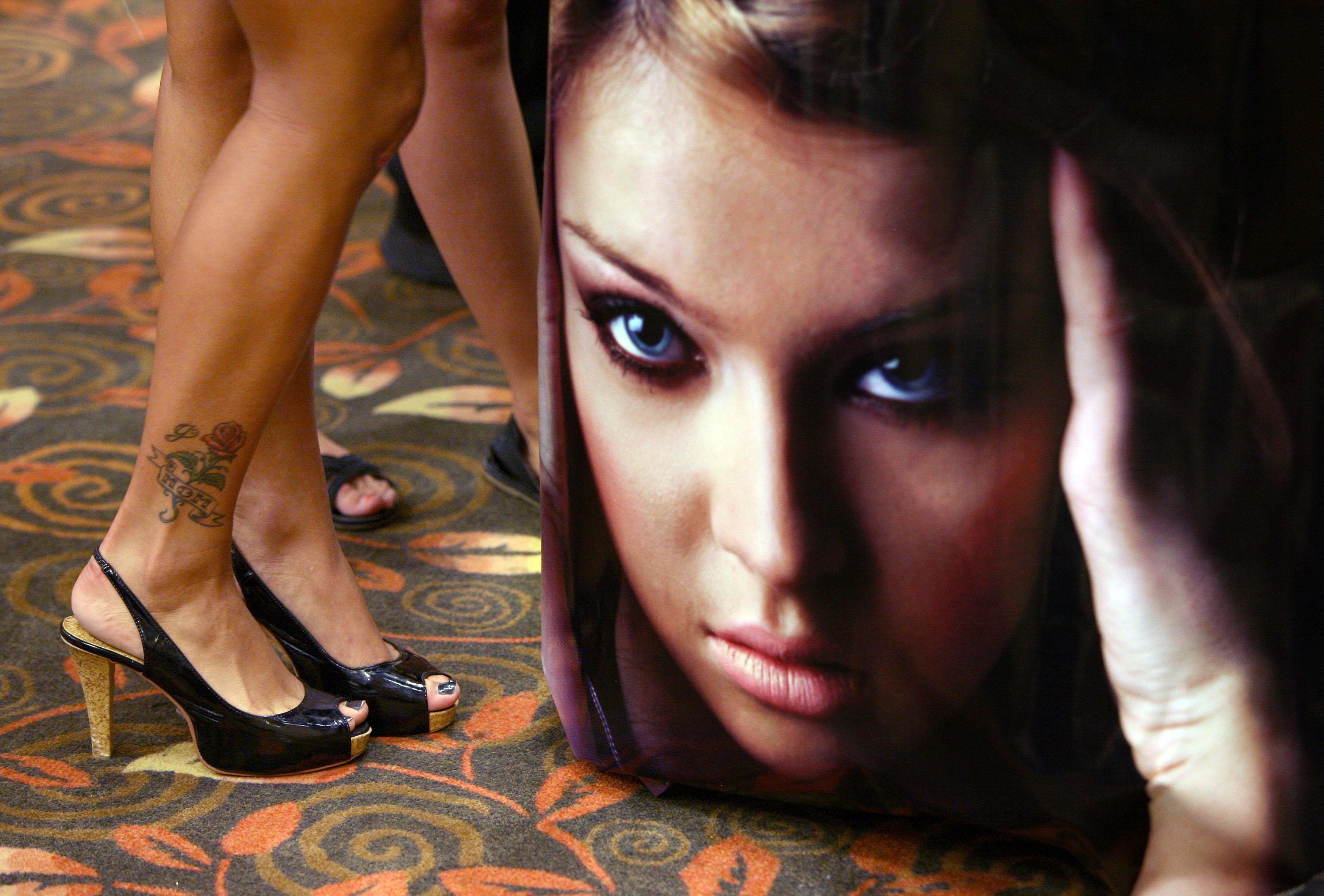At the beginning of December, Doug Brown at the Cleveland Scene had a good story about a dancer who is suing the strip club where she works for allegedly violating federal labor laws. That lawsuit alleges that Christie’s Cabaret regularly subjected its dancers to an assortment of fees and fines. The club allegedly docked dancers $50 if they arrived after 7 p.m., and/or if they didn’t work a full seven-hour shift; required them to tip the DJ and the “House Mom” out of their own earnings; skimmed up to one-third of the amount a dancer earned for a given dance (for instance, a private 15-minute dance on the club’s VIP floor would cost a customer $150, of which the club took $50); and failed to reimburse dancers for the cost of buying and laundering the clothes they were required to wear. According to the lawsuit, all of these added expenses could leave dancers with little or no take-home pay to show for completing a six-hour shift.
The lawsuit also alleges that Christie’s Cabaret inappropriately classified its dancers as independent contractors, thus unfairly denying them the benefits and protections afforded to full-time employees, which they essentially were. Finally, the club allegedly required dancers to accept payment and tips offered not in American money, but in a devalued club-issued scrip called Christie’s Cash. As Doug Brown observed in the Scene, the club profited by manipulating the Christie’s Cash exchange rate:
The club is swindling the customers on the front end and its workers on the back end on the same transaction: a guy, who already paid to get in, gives the club $115 dollars for vouchers that are now worth $100 in the new phony currency, the customer then gives those vouchers to a dancer for a service she provides, and then the dancer redeems those same vouchers from the club for $90 based on an exchange rate they set themselves, and the club automatically pockets the $25 without doing anything.
In unrelated news, I would like to note that I am now accepting orders for Justin Bucks, a construction paper-based currency that can be redeemed for Justin-themed memorabilia if and when I ever open a store of some sort. Please send your well-concealed American dollars care of Slate’s New York offices.
It is not shocking to learn that a strip club allegedly treats its workers poorly. We all know that “exotic dancer” is rarely listed very high on those “Most Satisfying Jobs” rankings you’ll see every now and then. Generally speaking, dancers are paid in cash, do not control the amount of stage time they get on a given night, are often expected to pay the club for that stage time, and are subject to various arbitrary and non-negotiable rules about appearance, comportment, and whatnot, the violation of which often leads to mandatory fines. The real shame with strippers isn’t that they take their clothes off for money. It’s that they take their clothes off for money that is then unfairly garnished by their employers.
This is not just an issue for Clevelanders. As Brown mentions, exotic dancers across the country have won lawsuits over unfair labor practices. In September, for instance, a New York judge ruled for the plaintiff in a case against Manhattan strip club Rick’s Cabaret, which had inappropriately classified its dancers as independent contractors. Dancers have filed and won similar lawsuits in Kansas, California, and other states, too. And I couldn’t be happier about their victories. I write about all sorts of scofflaws on this blog, but labor-law scofflaws are among my least favorite. If the allegations in the Christie’s Cabaret case are true, I hope the plaintiff ends up owning the place.
